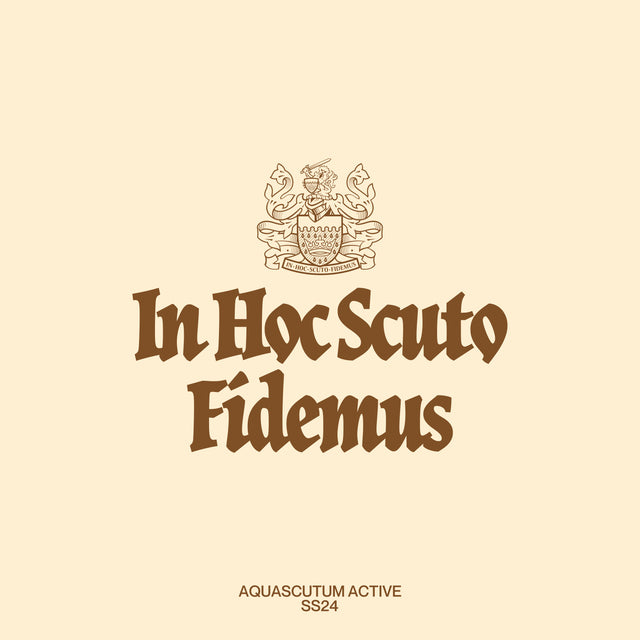To the roots of Casual Style and Terrace Subculture
"Casual" is the expression of a subculture with English roots that predominantly exploded in the 1980s, first in the cities of Liverpool and Manchester and Aberdeen, and later throughout Europe. This well-defined style of dressing and living for the day came to life against a very turbulent backdrop, in which violence between rival fans on stadium terraces went perhaps to its peak.
The response of the UK police, was to make random arrests, in the stadium as well as outside the factories or in the pubs adjoining the stadiums, where the middle and working class of the time crossed paths: it was enough to have the colors of a team on, regardless of whether or not they were part of a firm.

Hence the need to evade controls by dressing like ordinary people, with a distinguished middle-class look, making identification arduous, especially in the absence of the social colors of the club to which they belonged: "Dress well, behave badly" became the motto for many, the aesthetics changed, the essence of the members remained rooted in the hooligan mentality of those times.
Between the 1980s and 1990s came the European Cups, English fans began to move across the Channel, traveling to Italy and France mainly, where fashion was already fast and riding on trends of all kinds, in addition to Aquascutum, several brands were vehicles of the Casual style, many were bringing back to England, garments that would soon become a fashion for all the ultras of Europe.
Over time, this style, strongly rooted in British youth culture, was also being embraced by bands such as the Stone Roses or Oasis, who made it their trademark.
Britpop thus drew heavily from a subculture that previously, being close to the mod and skinhead milieu, was more in the sounds precisely of mod music, rather than punk.
Even the indierock of the early 2000s embraced casual, so much so that the Libertines dedicated a song to the theme, Hooligans on E. The title is a reference to the habit of hooligans taking ecstasy before entering the stadium, this to obviate the ban on alcohol consumption in stadiums imposed by Britain's premier at the time, Margaret Thatcher.
In the lyrics of the song we then also find a reference precisely to the casual aesthetic: in fact, in the opening we find the line
"Hooligans on E / Meat pies and Burberry / And Aquascutum if you're lucky."
This ban was to be combined with further measures such as, among others, the increased use of cameras in stadiums, the identification of fans by means of ID at the entrance, and the granting of broader powers to the police, a response by the government to the incidents surrounding the sixth round of the FA Cup played on March 13, 1985, a match that saw Luton Town and Millwall face each other on the field, as well as outside the playing fields, their respective supporters.

Pics courtesy of Erik Wibaeus ©
Follow Erik on Instagram


